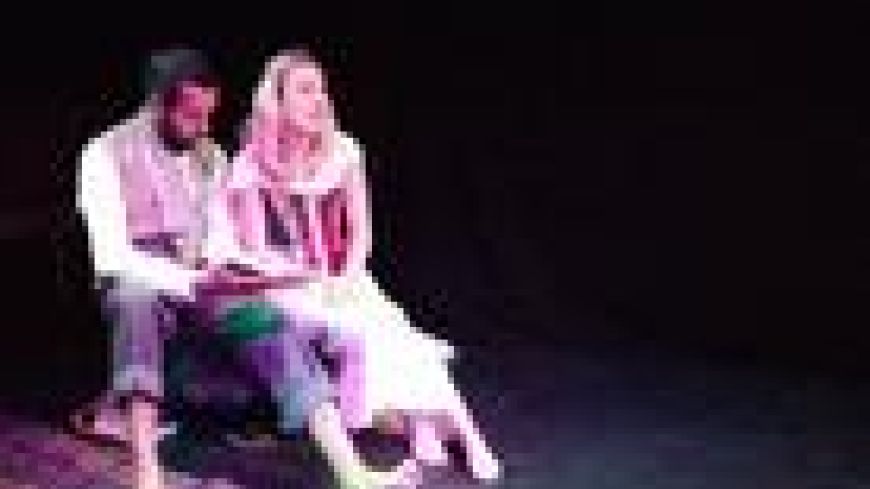
In June 1816, in the Villa Diodati near Lake Geneva, the celebrated romantic poets Lord Byron and Percy Bysshe Shelley spend an evening with their young paramours Mary Wollstonecraft and Claire Clairemont. Byron's personal physician John Pollidori is with them. The weather is dreadful, and to pass the time, they decide to entertain themselves by telling ghost stories. As the storm rages outside, as the lightning flashes and the candles flicker, dark and dangerous passions are awakened.
The entire raison d’etre of the play is to explain how it was that Mary - a nineteen-year-old woman of unconventional but genteel upbringing - found the inspiration for Frankenstein: A Modern Prometheus, first published in 1818, a couple of years after that stormy night. Unfortunately, it never quite succeeds in achieving that aim. There are powerful elements, certainly, in the febrile and sexually-charged atmosphere of that night which point the way; the drug- fuelled ravings of Shelley about life after death, the predatory cruelty of Byron who sucks the life out of everyone, the hysterical outbursts of Claire and the morbid melancholy of Pollidori. But the suggestion is that the final creative spark for Mary was the ghastly apparition of Byron dragging her Shelley off to bed. Hardly a great shock, given what has gone before, but supposedly her worst nightmare.
The self-absorbed Byron and Shelley - too wedded to their high poetic ideals to write a ghost story in mere prose – are unlikeable in their different ways, but it is easy to see how they might appeal to impressionable young women. Mary and Claire seem for the most part to be in helpless orbit around them, and Pollidori is no more than a brooding presence in the background. In particular, there is not really enough of substance in the writing to bring out the character of Mary. It is Byron who tends to steal every scene he is in, as he doubtless did in real life. If you seek a monster, look no further.
Despite the shortcomings of the script, this is an entertaining and well-acted offering – a proper piece of solid, traditional theatre that stands out in a Fringe awash with experimental drama of variable quality.
August 9-26 at 17:05

